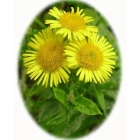 | ||
Perfect for pollinators Common Fleabane -pulicaria dysenterica– is a wetland plant that grows best in wet marshy ground. It is ideal for a garden pond edge or bog garden where the plants will attract a wide range of insect life such as bees, dragonflies and damselflies. Common Fleabane grows to medium height and produces cheery yellow flowers that appear from July to September. Common Fleabane looks best growing amongst other wetland plants with similar flowering times for example Purple loosestrife, Hemp agrimony, Gypsywort and Water Mint. How to grow Common Fleabane Seeds Common Fleabane seeds should be sown thinly in spring or autumn, either outside, where they are to flower, or in seed trays and covered lightly with compost. Common Fleabane seeds are usually easy to germinate and the seedlings, which are quick to develop, can be pricked out and grown on, for planting out later in the year. RHS Perfect for Pollinators. The RHS Perfect for Pollinators mark is only given to plants that support pollinating insects in gardens. Bees, butterflies, moths, hoverflies and many others visit flowers to feed on nectar and pollen; while doing so they transfer pollen and increase seed set and fruit development. Find out more at: rhs.org.uk/plants To discover more plants for Bees, simply enter the word "pollinators" into the search box above. To buy Common Fleabane seeds To purchase Common Fleabane seeds please select a quantity above and click add to cart. To ensure the best chance of success, we sell all of our wildflower seeds by weight, which ensures each wildflower seed packet contains a good quantity of seeds. The number of Common Fleabane seeds per gram is approx. 16,000. All of our Wildflower seed packets contain seeds of Native British provenance. Summary type - perennial, colour - Yellow, height - 25 to 50cms, flowers July, August, September, habitat - Very Wet Grassland (eg pond edges, Water Meadow), Attracts bees and insects | ||
Printed 02/01/2026 15:34:15
st80_1 type perennial colour yellow height 25 to 50cms flowers july august september habitat very wet grassland eg pond edges water meadow rhs perfect for pollinators pollinating insects bees butterflies moths hoverflies
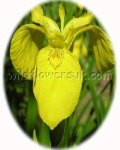
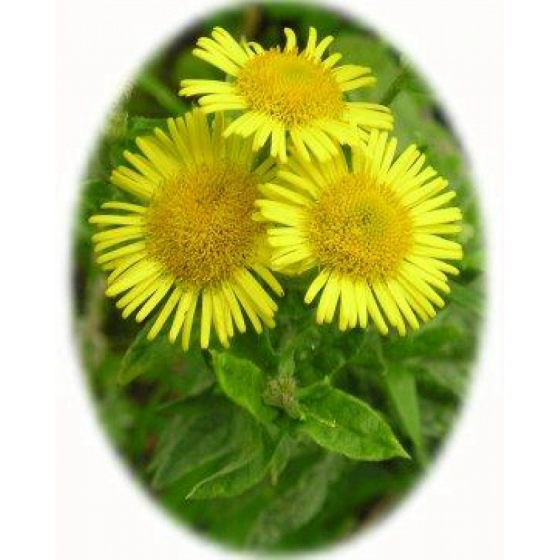
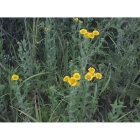
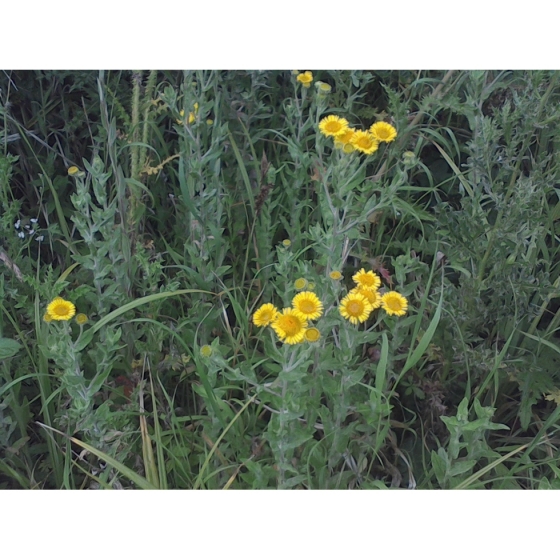



 added to basket
added to basket